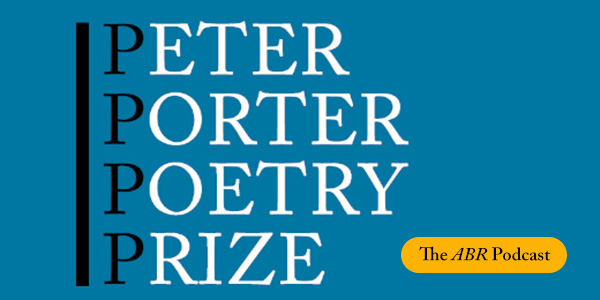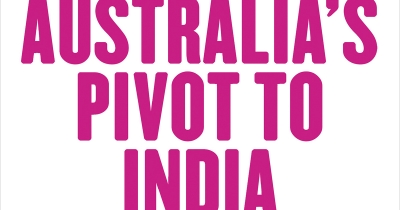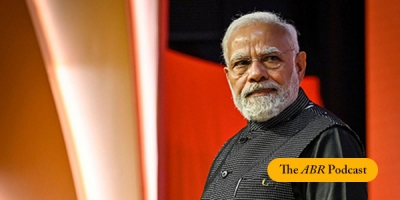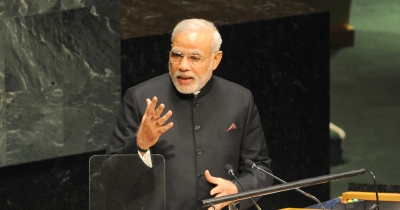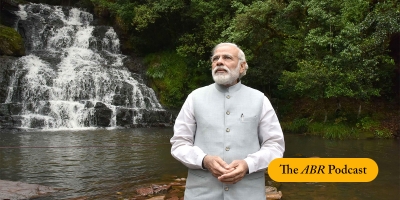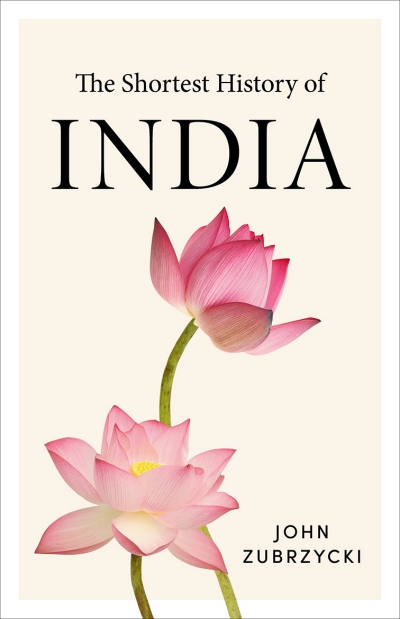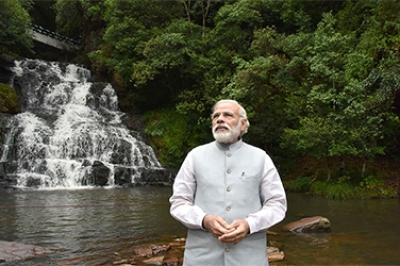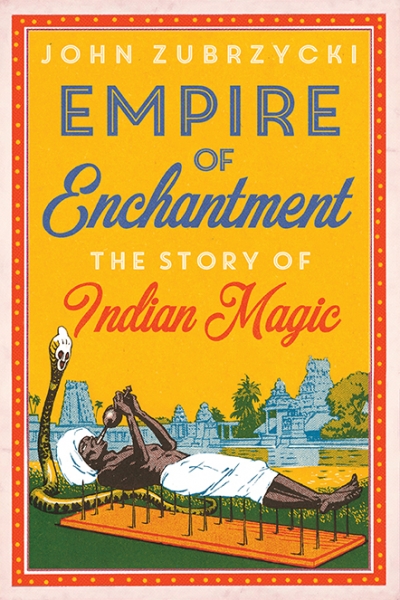Accessibility Tools
- Content scaling 100%
- Font size 100%
- Line height 100%
- Letter spacing 100%
John Zubrzycki
The ABR Podcast
Released every Thursday, the ABR podcast features our finest reviews, poetry, fiction, interviews, and commentary.
Subscribe via iTunes, Stitcher, Google, or Spotify, or search for ‘The ABR Podcast’ on your favourite podcast app.
2025 Peter Porter Poetry Prize Shortlist
Read by the poets
This week on The ABR Podcast we feature the 2025 Peter Porter Prize shortlisted poems, as read by the five poets, published in the January-February issue of ABR.
Recent episodes:
This year marks seventy-five years of Indian independence from Britain. The anniversary coincides with India’s Presidency of the G20 summit, which will take place in New Delhi this September. This week on the ABR Podcast, we hear from John Zubrzycki, who argues that Indian Prime Minister Narendra Modi is using the G20 platform to articulate a new foreign policy stance. John Zubrzycki has worked in India as a diplomat and foreign correspondent and is the author of The Shortest History of India. Listen to John Zubrzycki with ‘Politics by other means’.
... (read more)It is 1856 in a village near Lucknow, the capital of the northern Indian kingdom of Awadh. Two nawabs, Mir and Mirza, are engrossed in a game of chess, oblivious to the calamity unfolding around them. Satyajit Ray’s 1977 screen adaptation of Munshi Premchand’s short story ‘The Chess Players’ captures the decadence and idleness of Awadh, whose indulgent nobility preferred reciting Urdu poetry, listening to ghazals, and enjoying the sensuous pleasures of the zenana to paying attention to the well-being of their subjects. As Mir and Mirza continue the chess game, their state is annexed by the British on the pretext of maladministration – without a shot being fired.
... (read more)A year before he ascended to the prime ministership of India in 1947, Jawaharlal Nehru proclaimed that his nation was ‘a cultural unity amidst diversity, a bundle of contradictions held together by strong but invisible threads’. Yet, in the seventy-five years since India’s independence, secularist tolerance of religious and cultural difference has been eroded by a rising tide of Hindu majoritarianism. In this week’s episode of The ABR Podcast, John Zubrzycki reads his commentary on India’s transformation under Narendra Modi’s leadership ...
... (read more)On 15 August 2022, it will be seventy-five years since Jawaharlal Nehru declared that India’s ‘tryst with destiny’ had finally been ‘redeemed’. The rapturous crowds that gathered outside the Constituent Assembly in New Delhi on that sultry summer night cheered as loudspeakers relayed the words: ‘At the stroke of the midnight hour, when the world sleeps, India will awake to life and freedom.’
... (read more)
